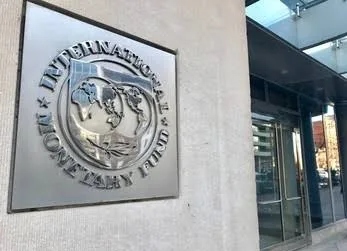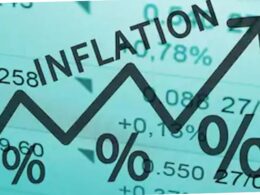Despite Nigeria’s inflation challenges, the IMF projects that the country’s inflation rate will stabilize at 25% by 2025, with further reductions expected to reach 14% by 2029.
Abuja, Nigeria – The International Monetary Fund (IMF) has downgraded Nigeria’s growth forecast for 2024, lowering it to 2.9% from the previously projected 3.3%.
This adjustment was revealed in the IMF’s latest World Economic Outlook report, which highlighted persistent economic challenges facing the country.
The reduction in growth prospects has been attributed to several factors, including surging inflation, severe flooding, and disruptions in oil production, which have weighed on Nigeria’s economic performance.
While Nigeria’s growth is expected to slow down, global economic growth is forecasted to remain steady at 3.2%, albeit with a slight decline of 0.1%.
Despite Nigeria’s inflation challenges, the IMF projects that the country’s inflation rate will stabilize at 25% by 2025, with further reductions expected to reach 14% by 2029.
In the first and second quarters of 2024, Nigeria’s economy grew by 2.98% and 3.19%, respectively. These figures exceeded the growth rates recorded in 2023, demonstrating resilience despite facing significant macroeconomic pressures, including a spike in fuel prices and inflation reaching a 28-year high.
The report noted that while inflation began to ease in July 2024 after 19 consecutive months of increases starting in January 2023, a rise in petrol prices by the Nigerian National Petroleum Company Limited (NNPCL) in September led to another uptick in inflation.
Nigeria continues to grapple with a combination of challenges such as food inflation, rising energy costs, and broader inflationary pressures, all of which have contributed to the downward revision of its growth prospects.










Join our Channel...